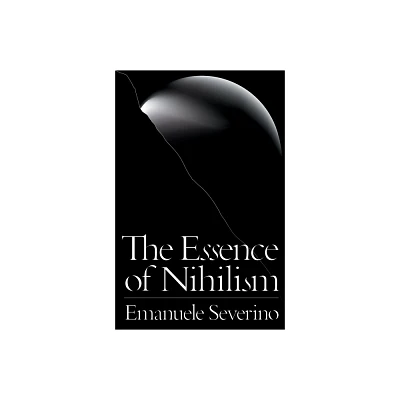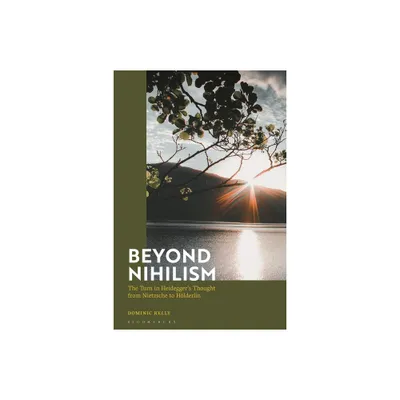Home
Nihilism and Nietzsche
Loading Inventory...
Barnes and Noble
Nihilism and Nietzsche
Current price: $37.99


Barnes and Noble
Nihilism and Nietzsche
Current price: $37.99
Loading Inventory...
Size: Hardcover
*Product Information may vary - to confirm product availability, pricing, and additional information please contact Barnes and Noble
This collection contains the following works of the German philosopher Friedrich Nietzsche - European Nihilism, Thus Spoke Zarathustra: A Book for Everyone and No One, and The Case of Wagner: A Musician's Problem. This collection brings together works by Nietzsche that express his experiences on the understanding of nihilism and establishes a strong criticism of traditional values associated with Christianity. In these philosophical writings, he presents strong viewpoints on the problem of nihilism and expands further on his famously evoked expression, 'God is dead'.
Regarded as one of the most profound German philosophers, Friedrich Nietzsche (1844-1900) is popularly considered a cultural critic and philologist whose work exerted a scholarly influence on modern intellectual history. His intellectual works focus on widespread themes such as religion, morality, philosophy, and science. Prominent elements of his philosophy include his radical critique of truth, a genealogical criticism of religion, and Christian morality. His body of work touched a wide range of topics, including art, philology, history, music, tragedy, and culture, most of which drew inspiration from Greek tragedy.
Regarded as one of the most profound German philosophers, Friedrich Nietzsche (1844-1900) is popularly considered a cultural critic and philologist whose work exerted a scholarly influence on modern intellectual history. His intellectual works focus on widespread themes such as religion, morality, philosophy, and science. Prominent elements of his philosophy include his radical critique of truth, a genealogical criticism of religion, and Christian morality. His body of work touched a wide range of topics, including art, philology, history, music, tragedy, and culture, most of which drew inspiration from Greek tragedy.


















